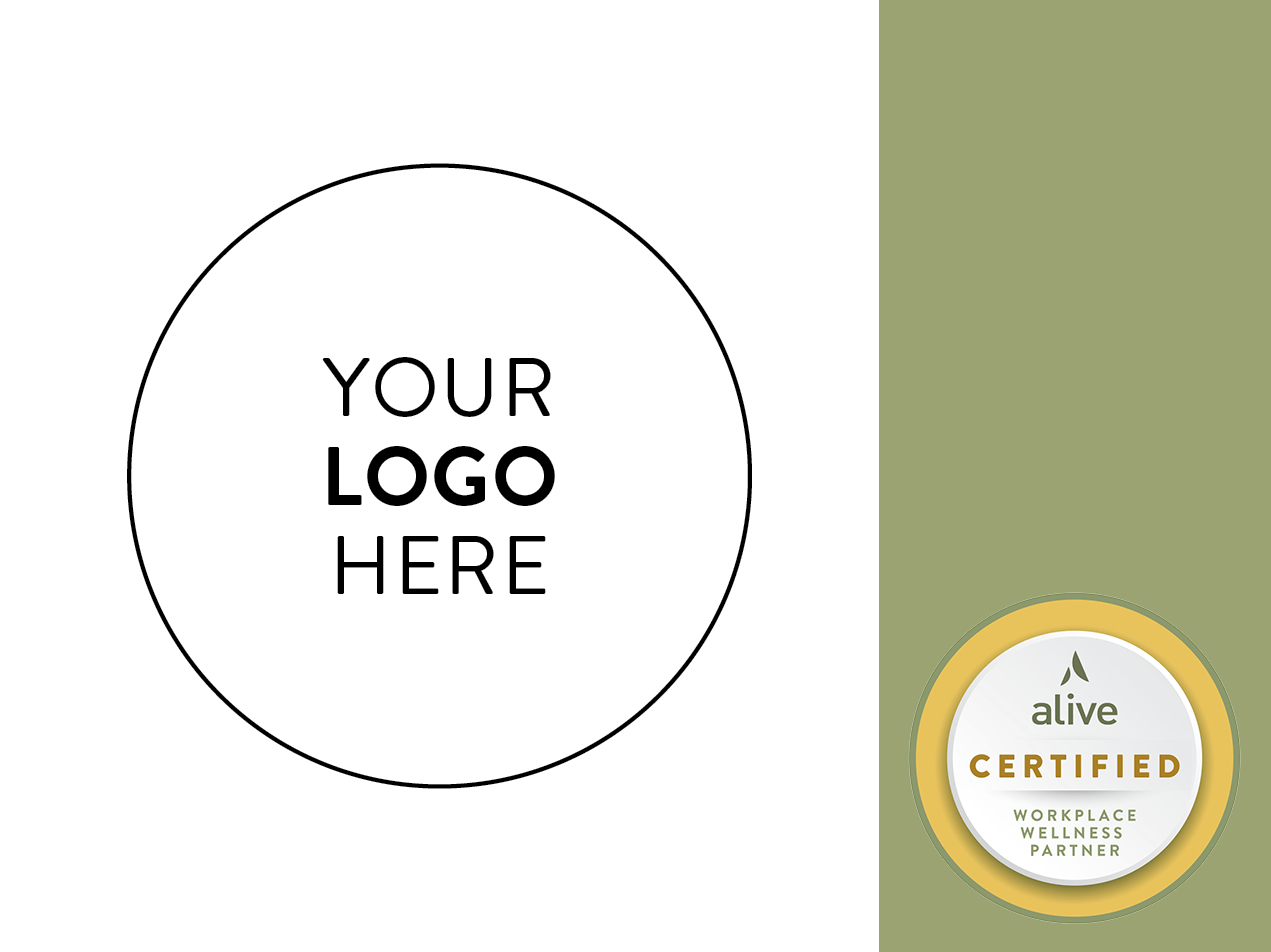
Is someone you care about spending more time at the gym than with friends? Do you have a loved one who rarely wants to join the family for dinner, or is always on a diet? They may be exhibiting early warning signs of an eating disorder.
Eating Disorder Awareness Week is an international public education and outreach campaign that is recognized across North America in early February each year. This year, it runs Feb. 1 to 7. Awareness is the critical first step in helping us identify when someone we love is at risk.
Recognizing a problem
Friends or family members may not always be sure when someone has a problem, but there are some warning signs to be aware of:
- preoccupation with food and weight
- distorted body image
- secrecy
- withdrawal
- skipping meals or making excuses for not eating
- eating only certain foods; refusing others
- cooking for others, but not eating themselves
- wearing baggy or layered clothing
- eating large amounts of sweet or high-fat foods
- using laxatives
- hoarding food
- exercising excessively
A mental health issue
Understanding the nature of eating disorders is just as important as knowing the warning signs. Eating disorders are a mental health issue with devastating effects on physical health and quality of life. Underlying the food and exercise behaviors are distorted and self-critical attitudes toward shape, size and self-worth.
What causes eating disorders?
Eating disorders arise from a complex combination of behavioral, biological, psychological, interpersonal and social factors. These factors can include:
- personality traits like perfectionism and low self-worth
- traumatic or transitional life events (relationship changes, moving away from home etc.)
- depression, anxiety or obsessive-compulsive tendencies
Understanding the illness
Sometimes families or friends have a hard time understanding how the desire to be thinner and to eat better or exercise more can lead to a serious illness. From the outside, the behaviors demonstrated by someone with an eating disorder don’t make sense, and the temptation may be to encourage them to change their eating habits. However, recovery is about much more than food or weight.
Familiar rituals provide comfort
“Despite the costs to health and relationships, and the loss of opportunity, eating disorders fulfill needs that people haven’t yet learned to meet elsewhere,” says counselor Shannon Gander. She notes that disordered eating involves familiar rituals that help people cope with intense emotions and provide comfort.
Behaviors offer sense of control
Gander explains that eating disorders may also provide a sense of control. “Individuals may use food or exercise as a form of discipline or punishment, or as a way to maintain a sense of order when their lives feel chaotic,” she says.
Dealing with underlying issues
Recovery requires addressing the underlying issues that motivated the behaviors and learning new ways to cope with emotions and life’s normal stressors.
What to do
If you think that someone you care about has an eating disorder, it is important to speak up. People with eating disorders are often afraid or reluctant to seek help on their own.
Approach the conversation with compassion and without judgment. Keep the focus on your feelings and on the relationship you have, not on weight or food. Comments on appearance, both positive and negative, have been shown to perpetuate the problem.
Providing empathetic support and helping to facilitate access to professional services can set the stage for recovery.






